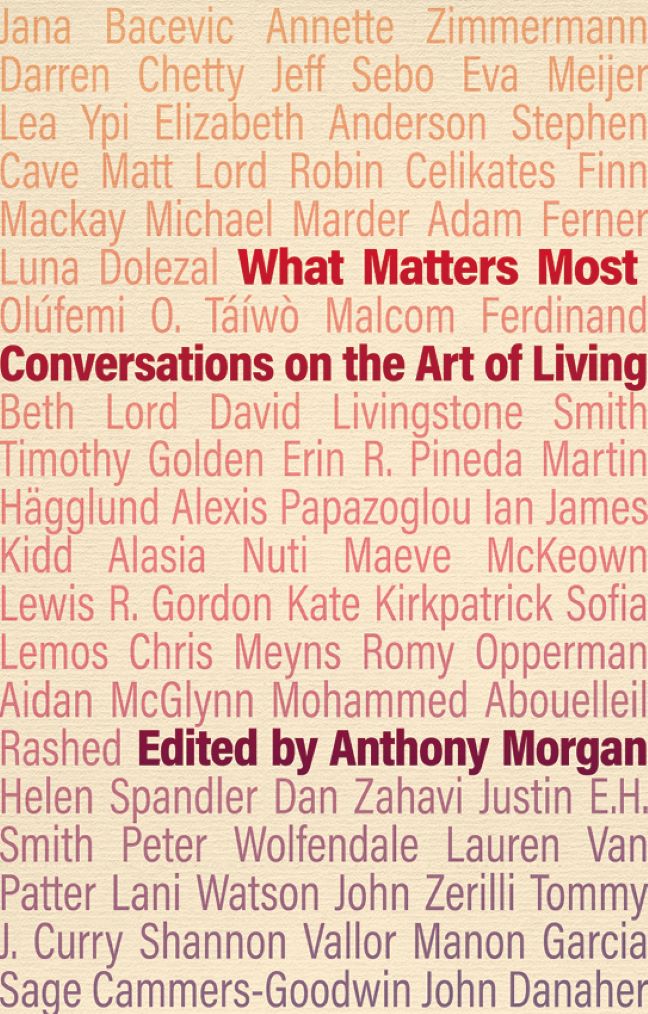22 - Animals, pandemics and climate change
Published online by Cambridge University Press: 23 January 2024
Summary
In 2020, Covid-19, the Australia bushfires, and other global threats served as vivid reminders that human and nonhuman fates are increasingly linked. Human use of nonhuman animals contributes to pandemics, climate change, and other global threats which, in turn, contribute to biodiversity loss, ecosystem collapse, and nonhuman suffering. This conversation coincided with the publication of Jeff Sebo's book, Saving Animals, Saving Ourselves. The conversation foregrounds the incalculable harms we inflict on non-human animals by causing or allowing countless of them to suffer and die for our own benefit and by driving many species to extinction and many ecosystems to collapse. In so doing, we are also serving to endanger our own future on this planet.
JEFF SEBO is Clinical Associate Professor of Environmental Studies, Affiliated Professor of Bioethics, Medical Ethics and Philosophy, and Director of the Animal Studies MA Program at New York University. His research interests include moral philosophy, legal philosophy and philosophy of mind; animal minds, ethics and policy; AI minds, ethics and policy.
LAUREN VAN PATTER is the Kim & Stu Lang Professor in Community and Shelter Medicine in the Department of Clinical Studies at the Ontario Veterinary College, University of Guelph. She is an interdisciplinary animal studies scholar whose research focuses most broadly on questions of “living well” in multispecies communities.
Lauren Van Patter (LVP): There is a widespread feeling that we can do much better than we are currently doing in our relationships with non-human animals. At the same time, however, many of us feel overwhelmed by the complexity involved in thinking about our responsibility to other animals. For example, when thinking about climate change, the situation is not so clear-cut that we can unequivocally say that climate change is bad for other species, while rewilding is good, both at the individual and the species level. How can we get past some of this paralysis around the immense complexity of these issues?
Jeff Sebo (JS): There are two things that I think are true, but holding both in our heads at the same time is really difficult, because it creates a lot of tension. One is to accept that we have a responsibility to address factory farming, deforestation, the wildlife trade, and so on. We have to significantly regulate or abolish these industries that are causing so much harm to humans, to other animals, and to the climate.
- Type
- Chapter
- Information
- What Matters MostConversations on the Art of Living, pp. 203 - 210Publisher: Agenda PublishingPrint publication year: 2023

